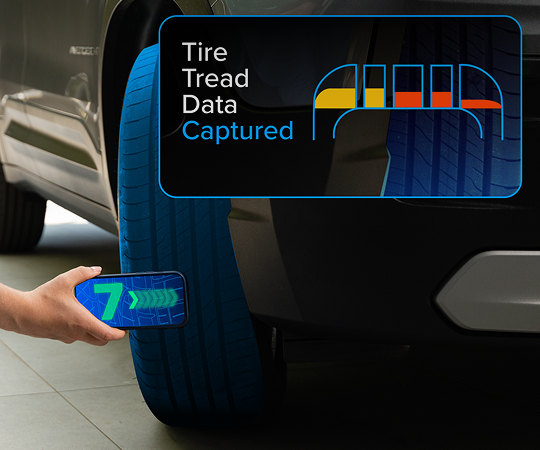
Integrating Artificial Intelligence into the Automotive Industry
The automotive industry has come a long way since Karl Benz hit the cobblestone streets of Mannheim, Germany with his Patent-Motorwagen back in 1885. 135 years on, we are now living in the age of autonomous vehicles that can produce themselves, drive themselves, and will soon even deliver themselves!
When it comes to the role of artificial intelligence in the automotive sector, there are plenty of newsworthy stories like these for geeks and gearheads alike. But it’s true influence goes a lot deeper; in fact, from the moment the raw materials are mined and throughout production, AI-enhanced processes are in full swing.
To find out more, we spoke to industry expert Peter Fintl, the Director of Technology & Innovation, Communication at Capgemini.
Listen to the full interview on Spotify below and subscribe to our podcast.
The True Impact of AI
Today, the impact of AI on the automotive industry is visible everywhere. And while it does have a presence in what may be most commonly acknowledged with robotic vehicles, true AI digs deeper and touches all parts of the automotive process. From the supply chain & logistics processes to the creation of the products themselves, the engineering processes rely heavily on AI technology.
Meanwhile, on the shop floor, AI is already revolutionizing how manufacturers develop new products, according to Fintl. In fact, we have seen this happen recently in the industry, as growing manufacturers have surpassed previous automotive giants due to their innovative development and proactive manufacturing processes.
A Shift In Automotive Superiority
Automotive empires have waxed and waned over the years, with regions rising to dominate for decades before falling out of favor with consumers. We’ve seen the American market hitting the pinnacle of luxury, the rise of Japanese innovation and reliability, and the enduring appeal of German refinement and performance. More recently, the Asian manufacturers rose to the top by looking beyond the final product and pushing for continuous improvements in manufacturing and supply chain processes.
Now, Silicon Valley has come into its own and is leading the world in the integration of AI processes, products, and autonomous development. But what drives these shifts in power? Fintl believes that it often comes down to the consistency of efficient manufacturing that enables ongoing innovation throughout the company, and gives companies the competitive edge.
Applying AI to Fleet Management
Further down the development process, there is also huge potential for AI to bring efficiencies and innovation to fleet management. Looking deeper into the manual processes currently taking place, Peter is confident that the ability for AI to have a greater interaction throughout fleet management is on a positive path if manufacturers embrace the technology available to them today.
“Currently many of the processes involved in logistics and fleet management have to include some form of manual interaction. But this is set to change very soon thanks to the integration AI and 5G Edge technologies. We are not far off from seeing vehicles driving themselves through and off the production line, even directly to their logistics area for shipment and delivery.”

Controlling Auto Part Counterfeiting
Another significant pain point in automotive after-sales is the scourge of counterfeit parts and the many blind spots in existing systems that enable their distribution.
Worldwide, the automotive industry lost an estimated $12 billion in 2019 due to counterfeit parts in 2019 – not to mention the risk to driver safety. And as vehicles develop and evolve, the market for counterfeiting will expand beyond the physical element and onto the software itself, with much more consequential implications.
This is where AI needs to play a larger role when it comes to controlling the distribution of automotive parts, both tangible and intangible. Data capture technologies that increase the efficiency and accuracy of auto parts verification have the potential to make a significant change in the figures previously mentioned.
Establishing Sustainability and Ethical Processes
Looking towards our future and the topic of sustainability, increasing traceability and accountability will be a priority for the automotive industry. From the mining of the raw materials to shipping and manufacturing of various elements and parts, through to the final assembly and logistical delivery of the finished product, manufacturers will need to have greater obligations to ensure visibility and less scope for excuses.
According to Fintl, “The sustainable and ethically correct sourcing of materials is a huge issue today. Many companies have declared that they not only want to be CO2 neutral in the coming years but also to ensure that the whole process is ethically done in the proper way”. Having ethical processes adds a moral obligation for the automotive industry to their customers that have more impact on their bottom line than it ever has before.
Tracking and tracing, with the help of AI and modern data capture solutions, are made possible in today’s processes. Complex and international logistics that are allowed to embrace modern AI solutions for automotive will be much more sustainable, both for our environment and when it comes to long term process development.



